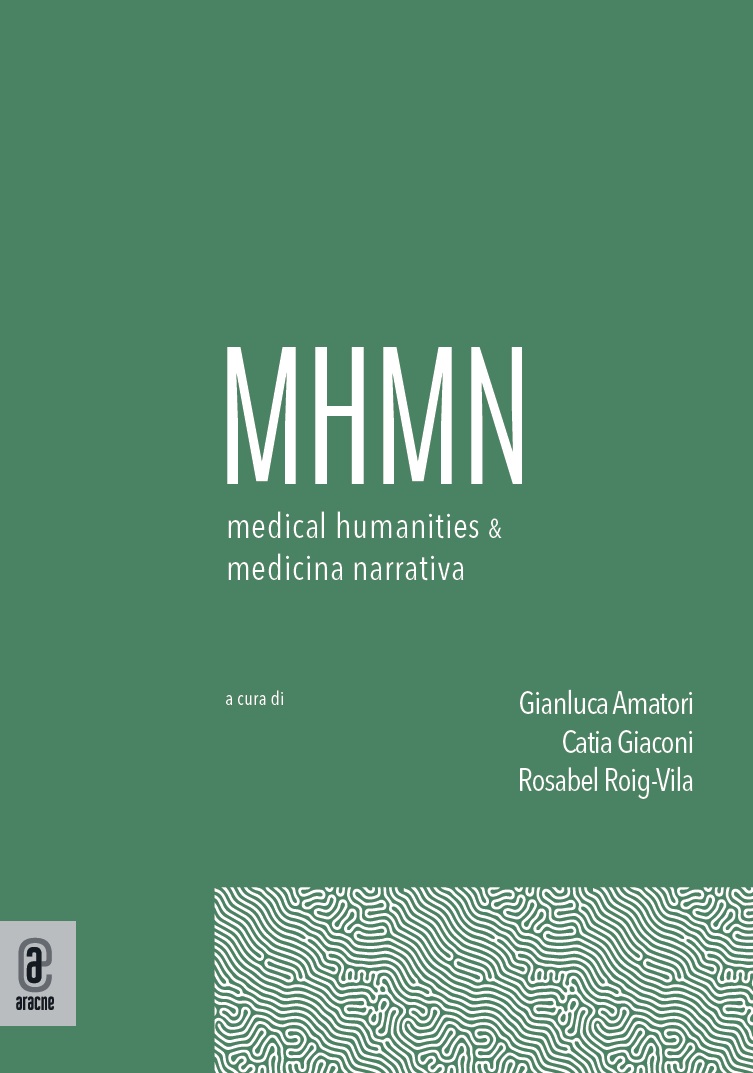Artificial intelligence as a strategy for educating respect and responsibility
The case of LLaMAntino
DOI:
https://doi.org/10.53136/979122181616713Keywords:
education, artificial intelligence, hate speech, LLaMAntinoAbstract
Hate speech is a growing threat to social cohesion and individual well-being. Its effects can be devastating, particularly for young people, negatively impacting their mental health and social development. Social media and technology can exacerbate these behaviours, but certain “fingerprints”, such as text conversations, can be used by AI models to detect and prevent violence. After exploring the impact of hate speech on young people, the article presents developments from the PNRR-funded XXX project. Using the Italian language model from the LLaMantino family, researchers are developing a tool that explains the presence of toxic elements in conversations among young people. The aim is also to use this tool to train users to identify hateful elements in the messages they receive, thereby promoting tolerance and respect in more inclusive environments.
Downloads
Downloads
Published
Issue
Section
License
Copyright (c) 2024 Gabriella Calvano, Vita Barletta, Marco De Gemmis (Autore)

This work is licensed under a Creative Commons Attribution 4.0 International License.


